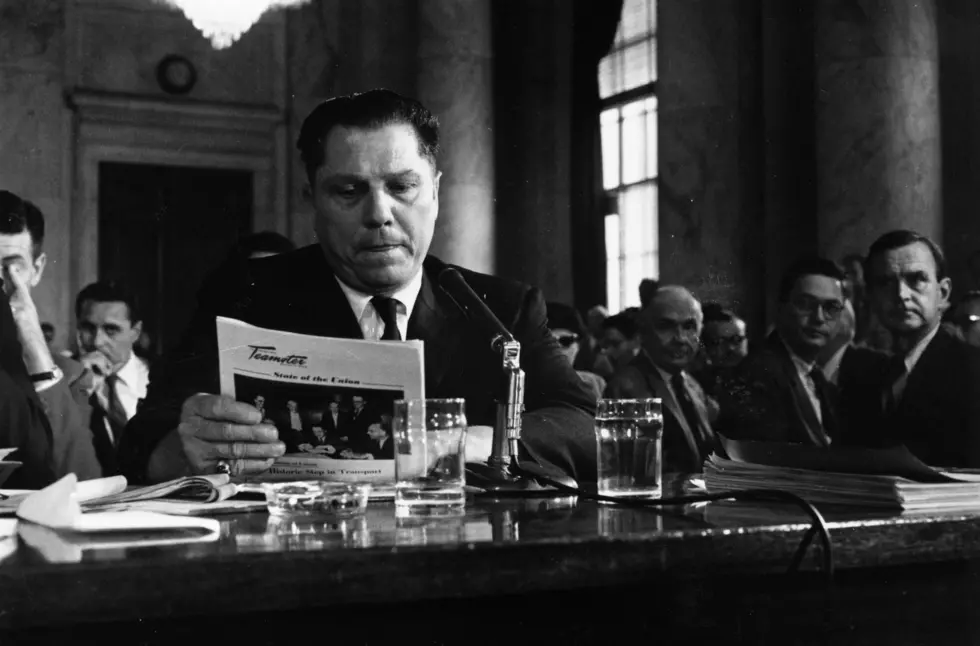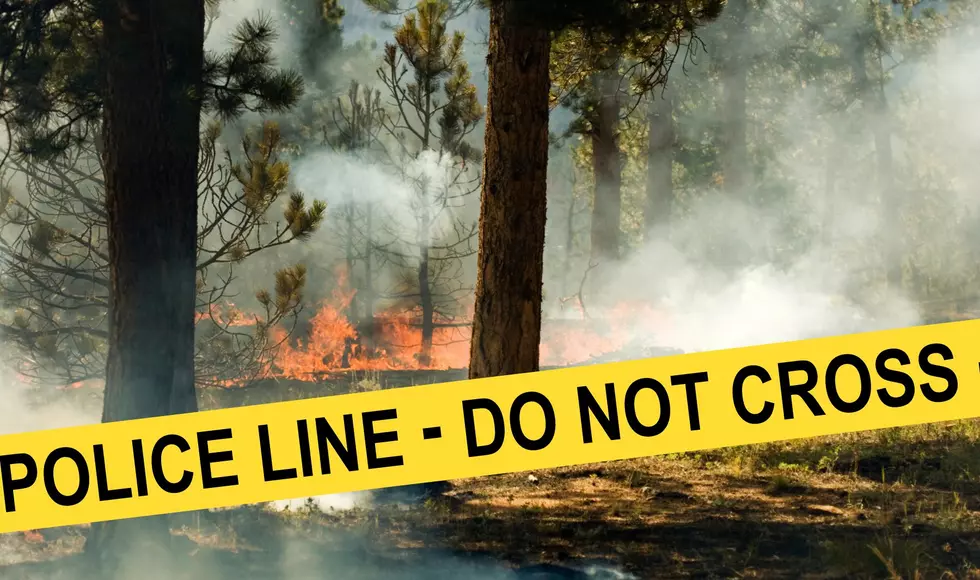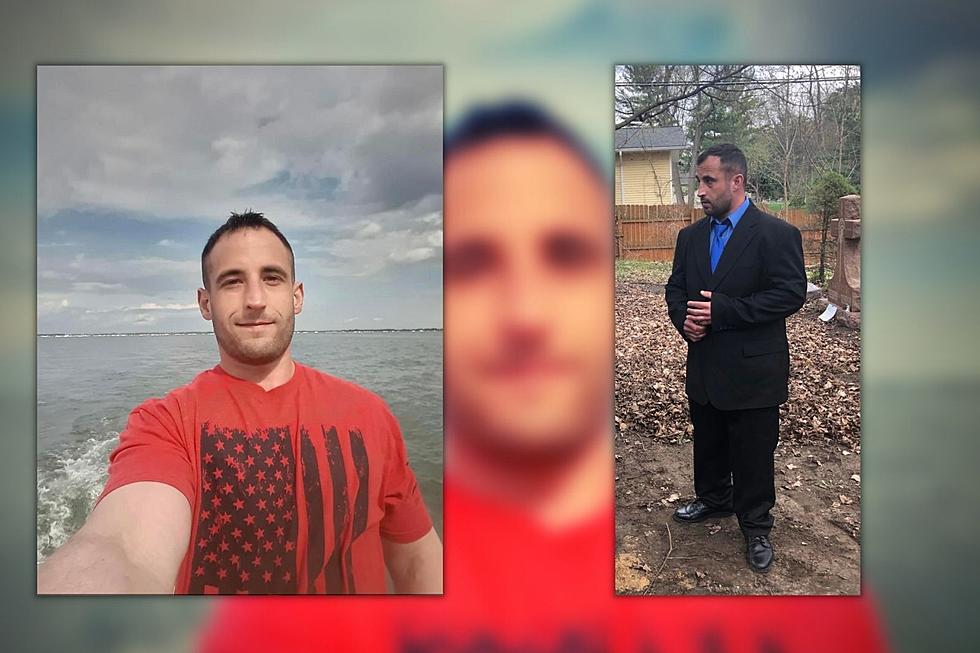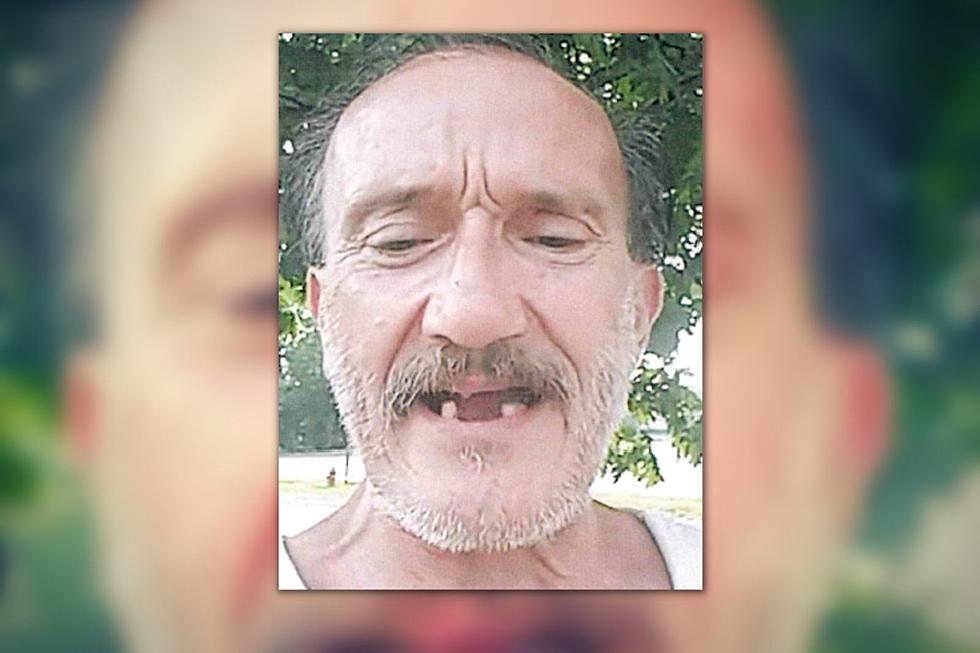
Cold Case Michigan: The Disappearance Of Jimmy Hoffa
The disappearance of Jimmy Hoffa is one of the most notorious Michigan mysteries. The infamous labor leader was far from a saint having spent four years in prison for the crimes he committed as president of America's largest union, the International Brotherhood of Teamsters. The list of crimes he was convicted of included jury tampering, mail fraud, and bribery, though Nixon later pardoned the union leader in 1971. On the flip side, he proved to be a champion for "the working man" by pushing for better working conditions, fair treatment of employees, and better wages.

Hoffa, born James Riddle Hoffa on February 14, 1913, in Brazil, Indiana. His father died in 1920 when Hoffa was just seven years old. He was keenly aware that his father’s death was directly related to the working conditions on the job in the town’s coal mines and never forgot the pain and hardships it caused. Jimmy began taking odd jobs to help support his family. The family moved to Detroit in 1924, where Hoffa was raised and lived the rest of his life. Hoffa left school at age 14 and began working full-time manual labor jobs to help support his family.
Another pivotal moment in his life came when he was initiated into the labor movement, while still a teen, taking on full-time work as a warehouseman for Kroger grocery stores. It was there in 1932, angry over poor working conditions and unfair treatment of employees, that Hoffa led fellow workers in a successful strike against the company at just 19 years old.
It was Hoffa's involvement with that strike that caught the attention of the Teamsters. He joined the union in 1933, quickly rising through the ranks and eventually becoming a business agent for Local 299 in Detroit that same year. By 1937, he was elected President of the Local 299 and continued to strengthen his leadership abilities by forming the Michigan Conference of Teamsters in the early 1940s.
Hoffa was a union activist and became an important regional figure with the International Brotherhood of Teamsters by his mid-20s. By 1952 he was national vice-president of the International Brotherhood of Teamsters and was its general president between 1957 and 1971. He secured the first national agreement for teamsters' rates in 1964 with the National Master Freight Agreement. He played a major role in the growth and development of the union, which eventually became the largest (by membership) in the United States with over 2.3 million members at its peak, during his terms as its leader.
Hoffa became involved with organized crime from the early years of his Teamster's work, and this connection continued right up until his disappearance in 1975. He was convicted of jury tampering, attempted bribery, and fraud in 1964, in two separate trials. He was imprisoned in 1967 and sentenced to 13 years. In mid-1971, he resigned as president of the union as part of a pardon agreement with President Richard Nixon; and was released later that year, although he was barred from union activities until 1980. Hoffa, hoping to regain support and to return to the International Brotherhood of Teamsters leadership, unsuccessfully attempted to overturn this order.
Two weeks before Hoffa's disappearance, on July 30, 1975, federal investigators discovered that hundreds of millions of dollars had been stolen from the Teamsters' largest pension fund.
Their attention immediately turned to Mafia bosses Anthony Giacalone (a.k.a. Tony Jack) and Anthony Provenzano (a.k.a. Tony Pro), who reportedly agreed to meet with Hoffa the day of his disappearance. While there were plenty of suspects and motives, hard evidence was scarce. Jimmy Hoffa vanished on July 30, 1975, and has never been found. He was declared legally dead in 1982. His son, James P. Hoffa, now presides over the Teamsters.
Laws have changed over the years. Keep reading to see which changed the year you were born
LOOK: What major laws were passed the year you were born?
More From WKMI









